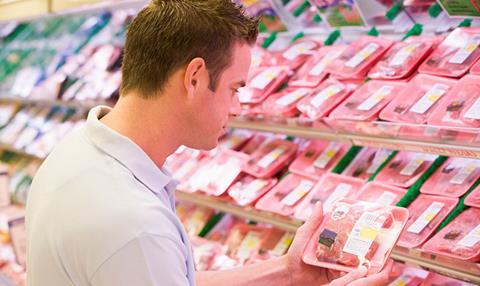The Government has stated that it has plans to build resilience to specific risks, including those detailed in the National Risk Register, which involve all areas of the food industry. By default, this includes the entire meat and poultry chain. However, it does not cover food terrorism, which trade organisation AIMS is a major oversight.

Association of Independent Meat Suppliers (AIMS) representative Tony Goodger explained how he believes this is of concern: “We are surprised not to see Food Terrorism included on the risk register. By this we don’t mean low level criminality whereby a disgruntled employee contaminates a production run but more where politically or ideologically driven terrorists contaminate the production of food products destined for the army of FMCG lines purchased daily by consumers.”
He confirmed that AIMS welcomes food and agriculture being seen as a vital part of the UK’s infrastructure: “In the three years since the last National Risk Register was published the UK has faced the Covid-19 pandemic, the fallout from the war in Ukraine as well as emerging technologies such as AI and more sophisticated criminal activity such as breaches in cyber security. These all leave parts of the country’s critical national infrastructure under threat.
“With agriculture and food production part of the critical national infrastructure we welcome the Risk Register and it’s highlighting of the impacts of animal disease such as HPAI and possible outbreaks of foot and mouth disease (FMD) and African Swine Fever.”
The 2023 National Risk Register can be viewed here.
This story was originally published on a previous version of the Meat Management website and so there may be some missing images and formatting issues.















